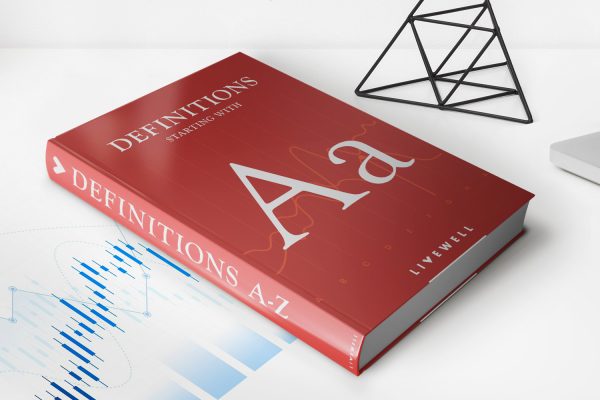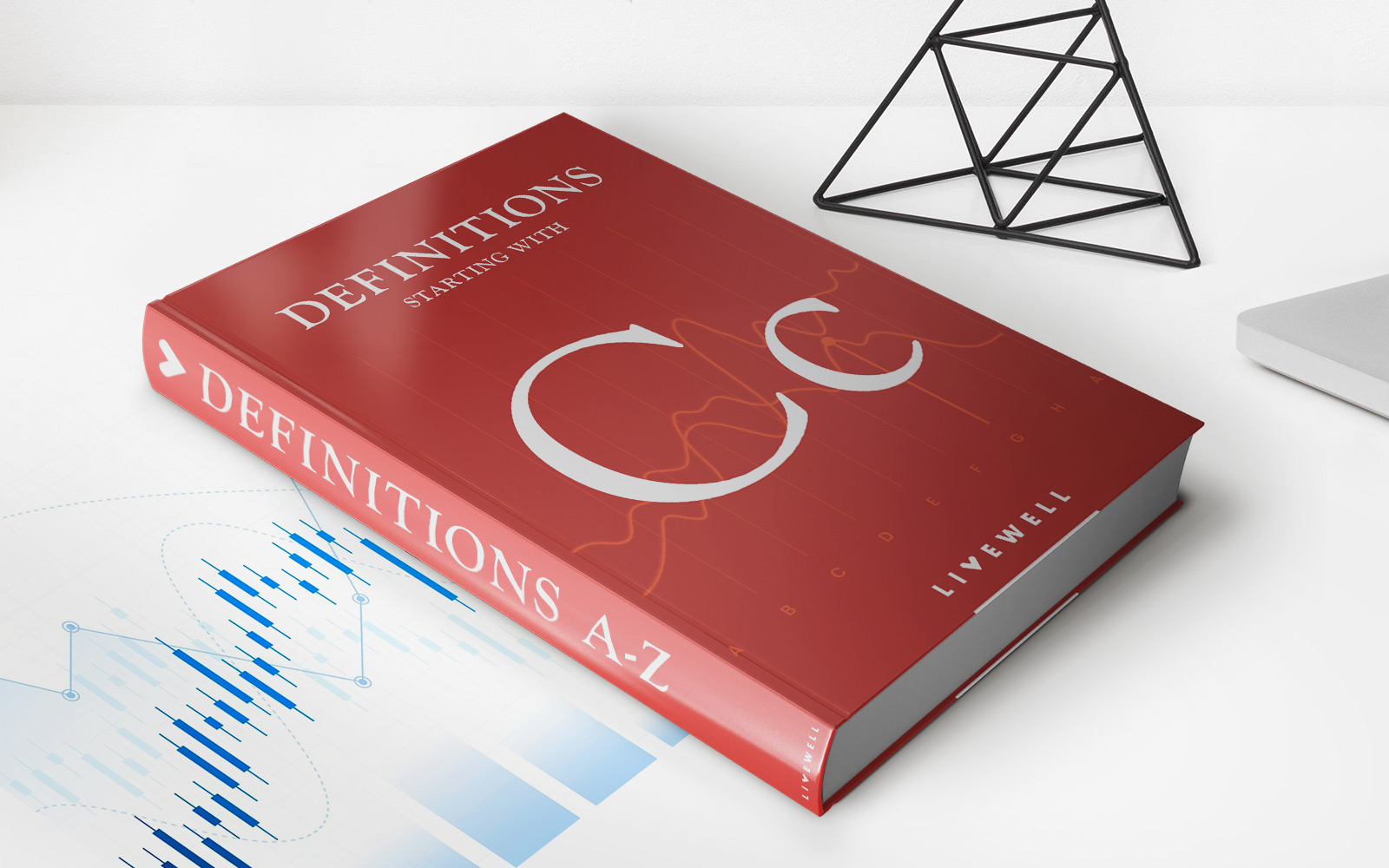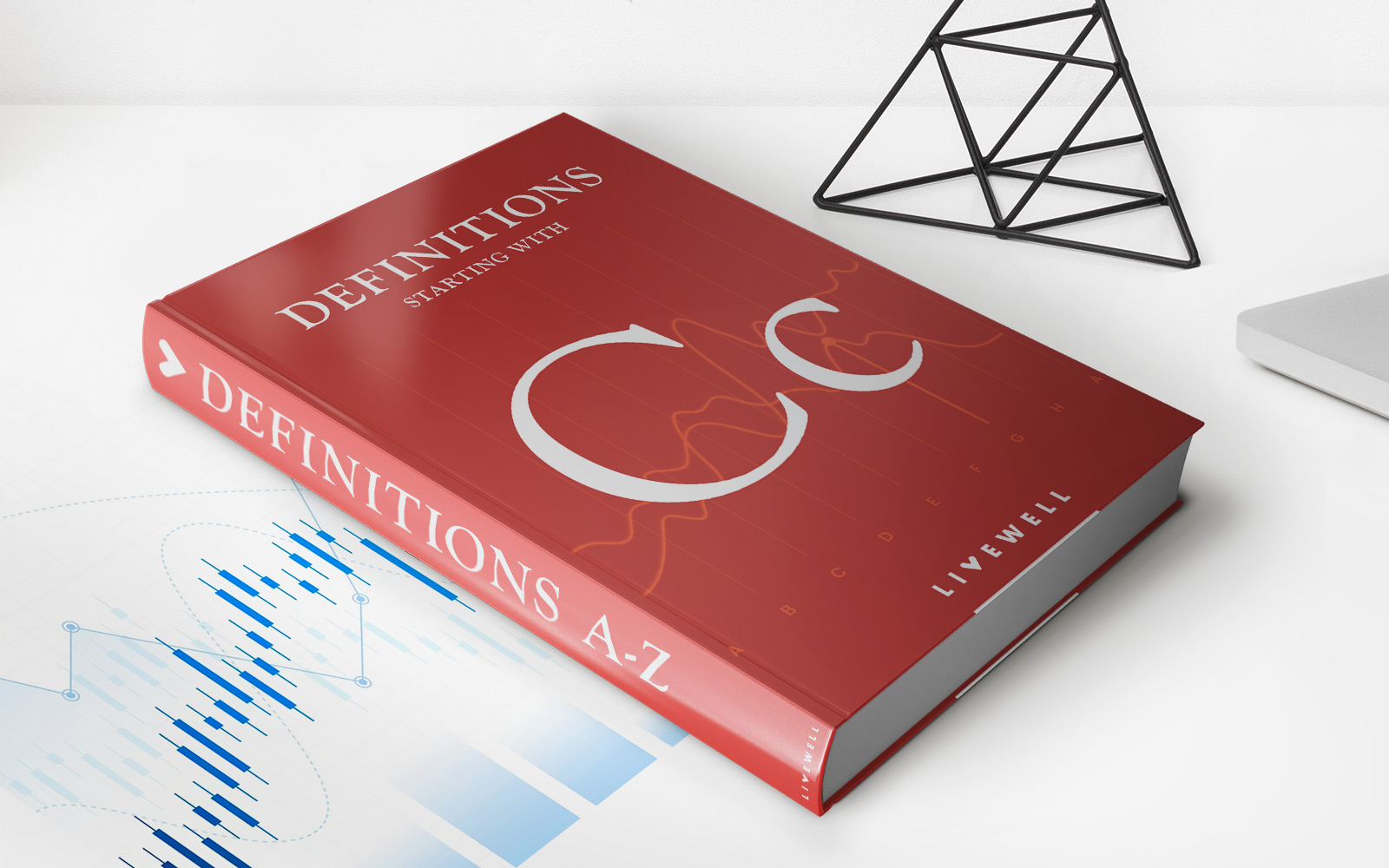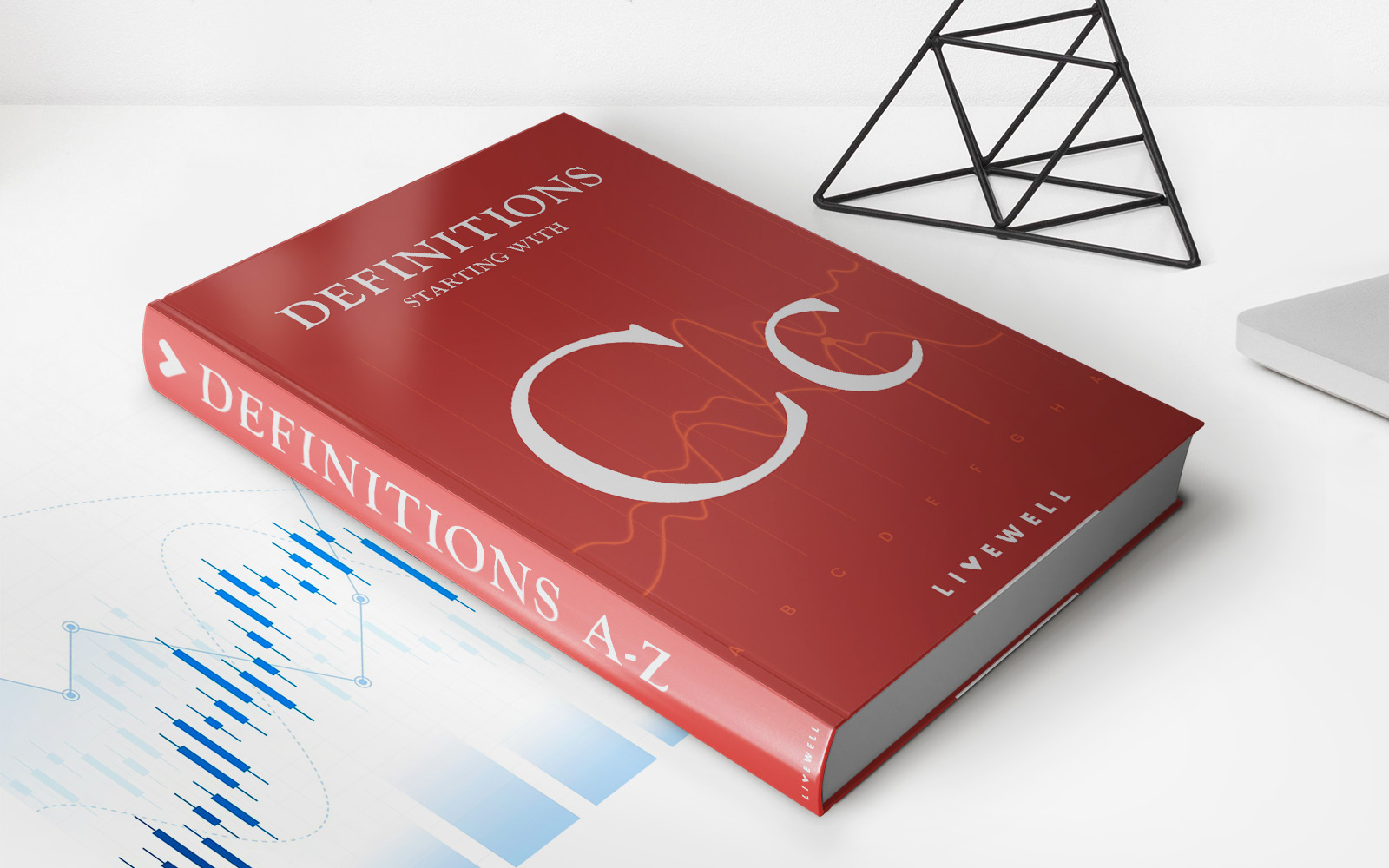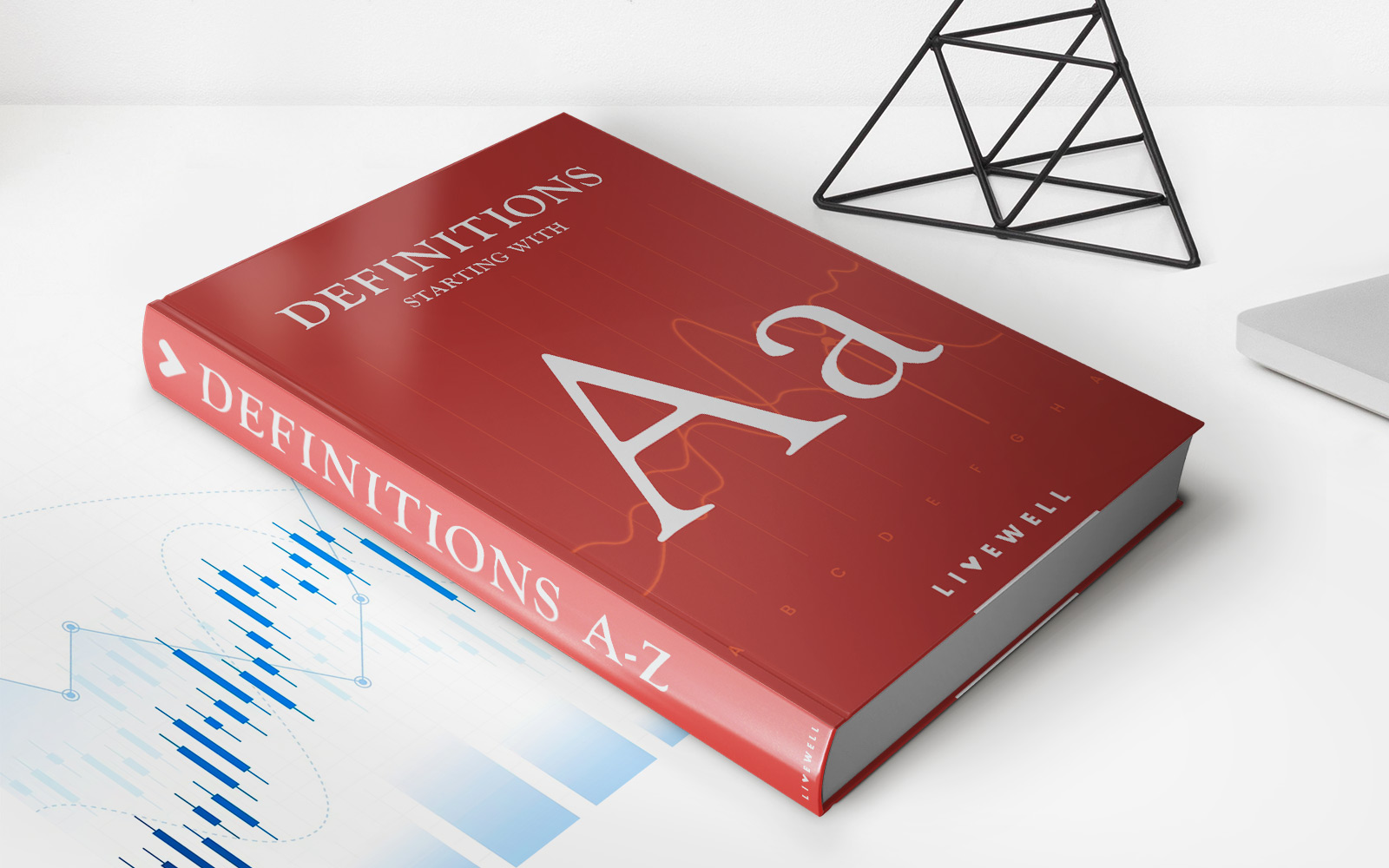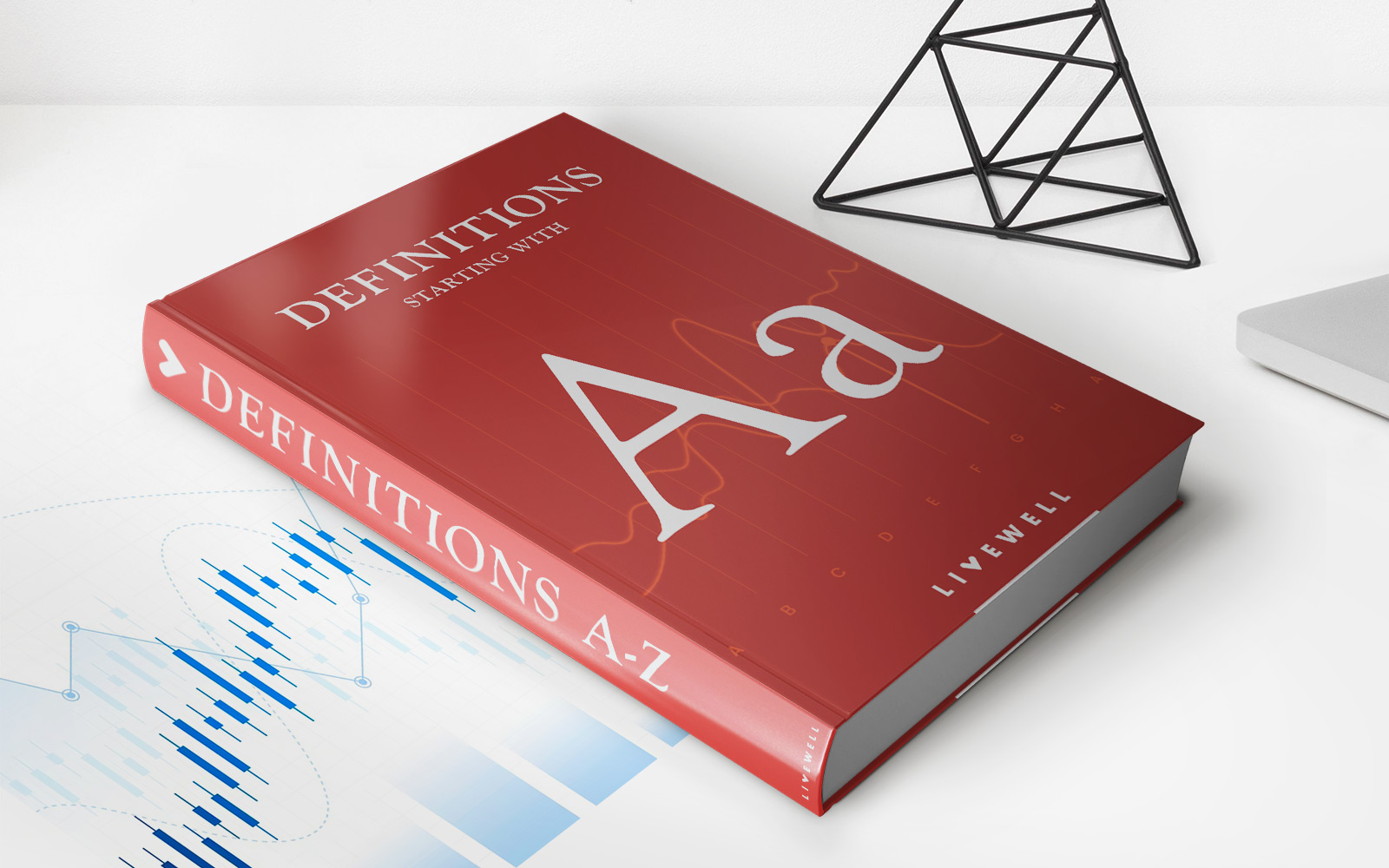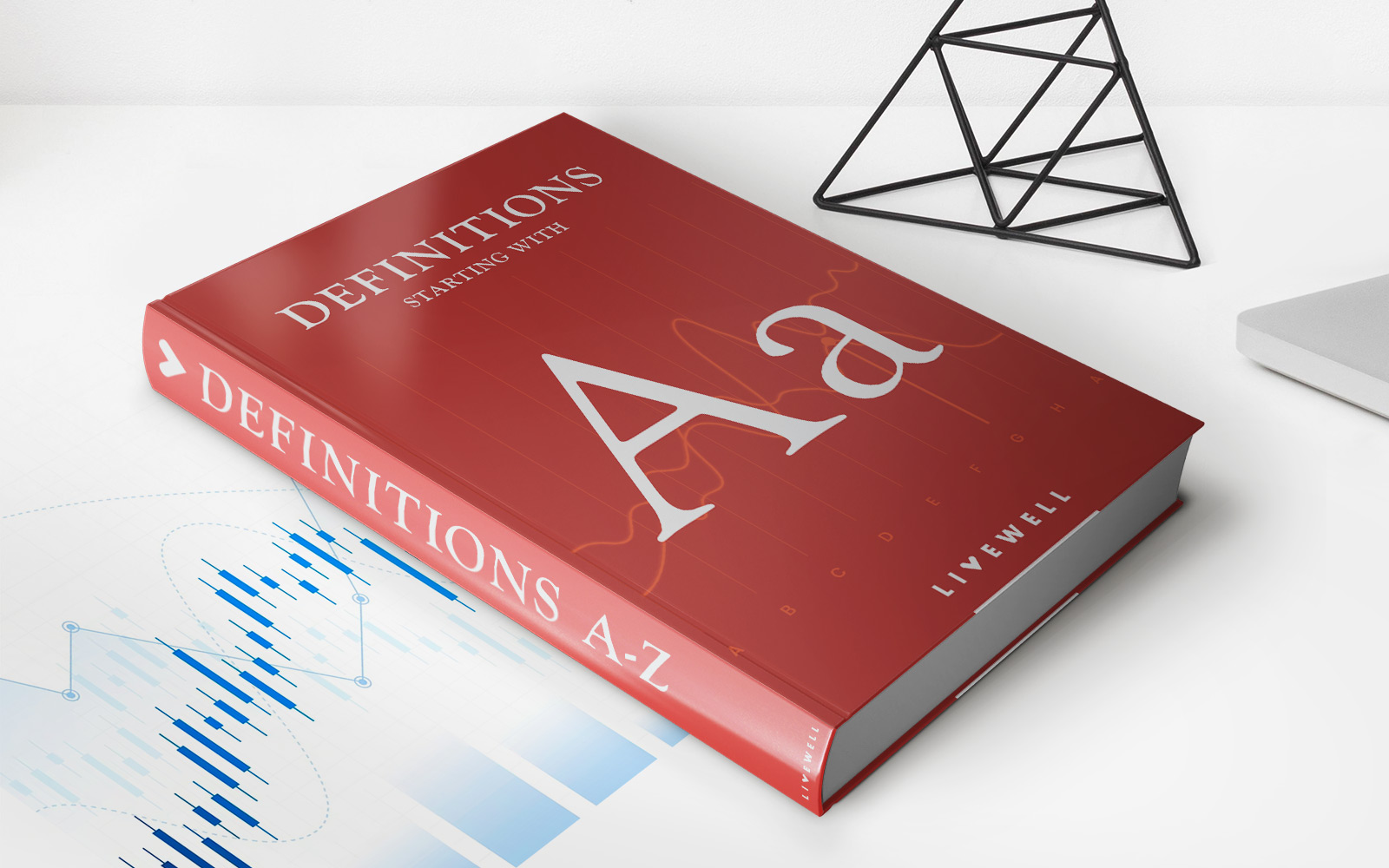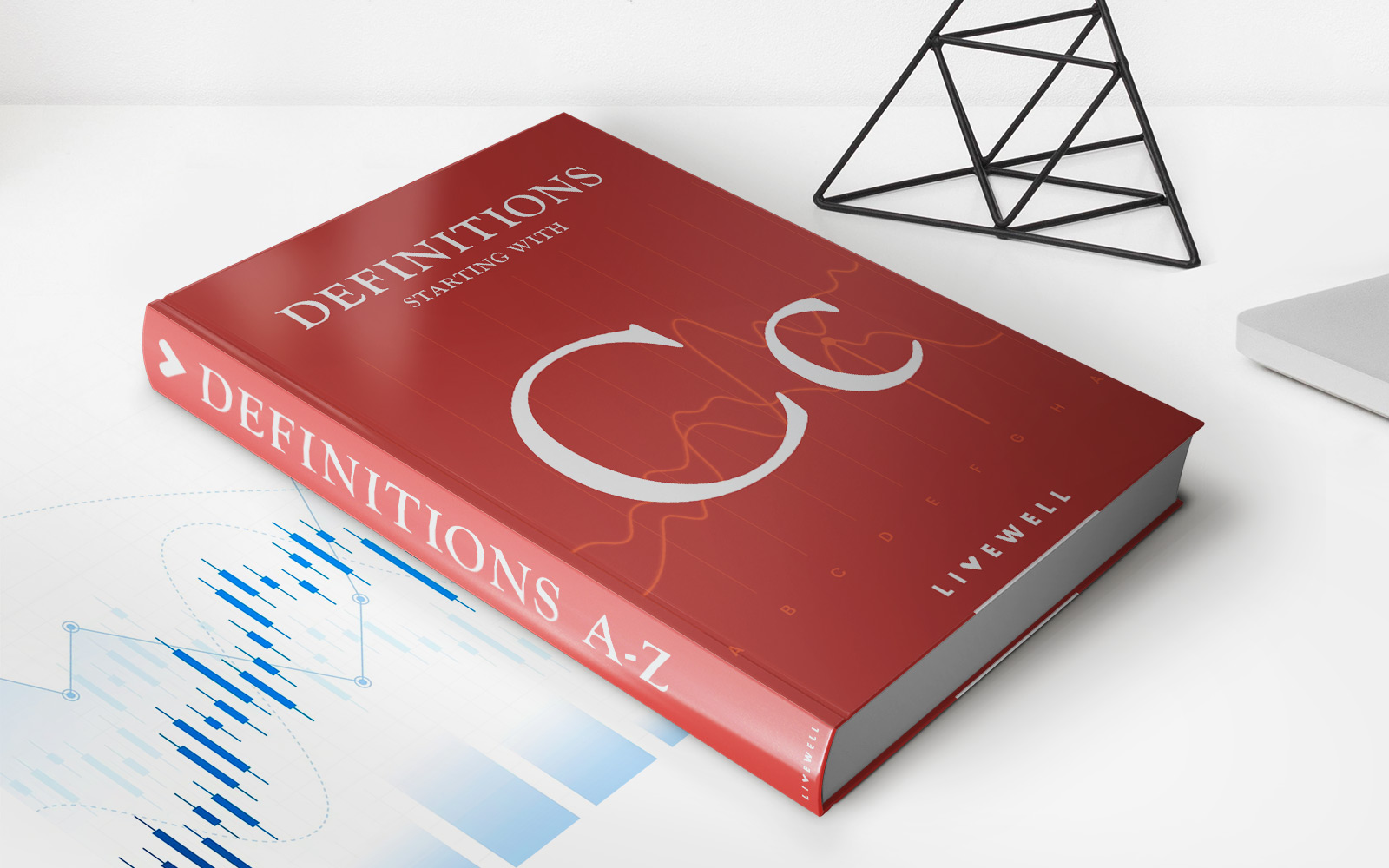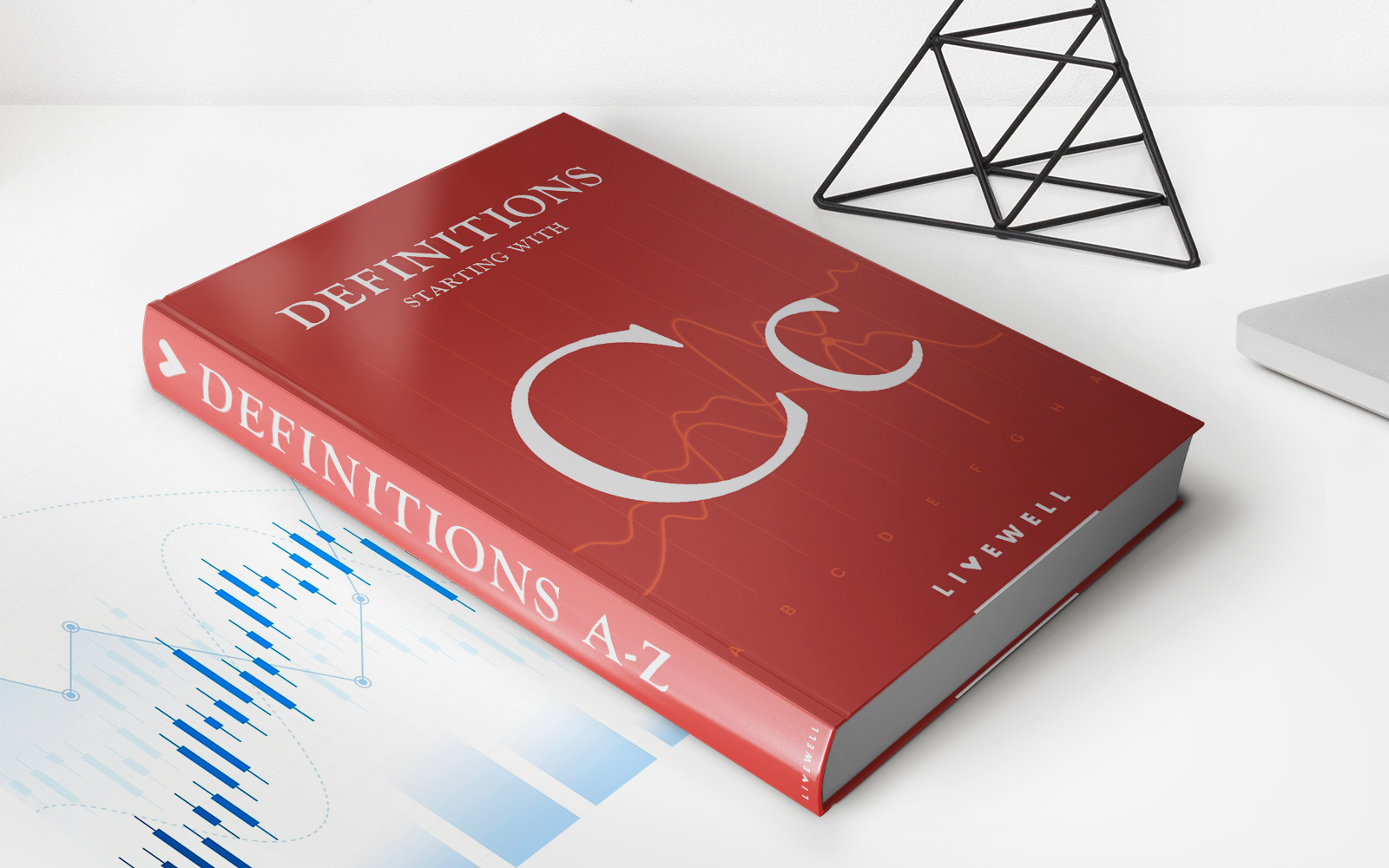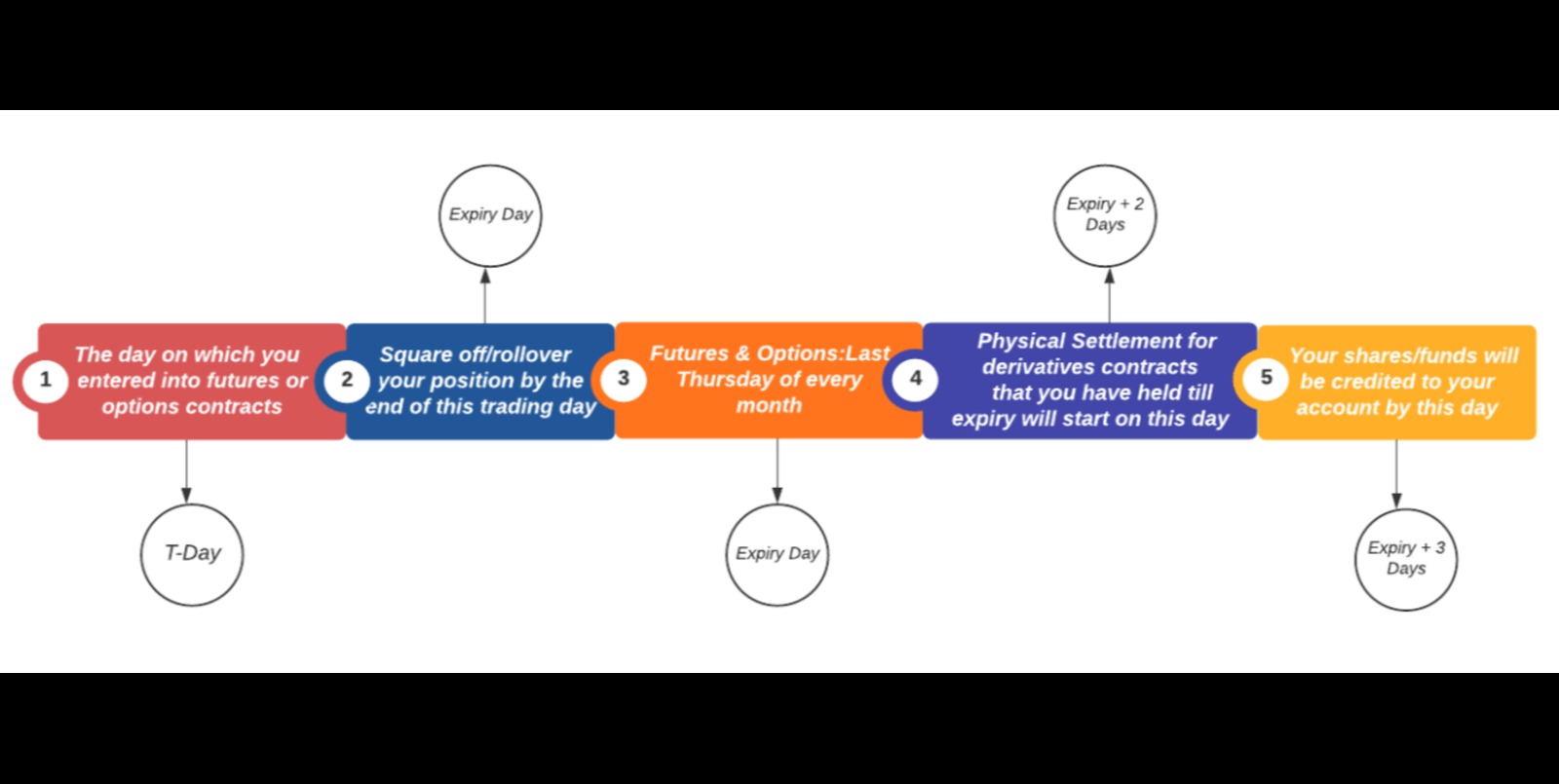Home>Finance>Chartered Alternative Investment Analyst (CAIA): Definition, Exam
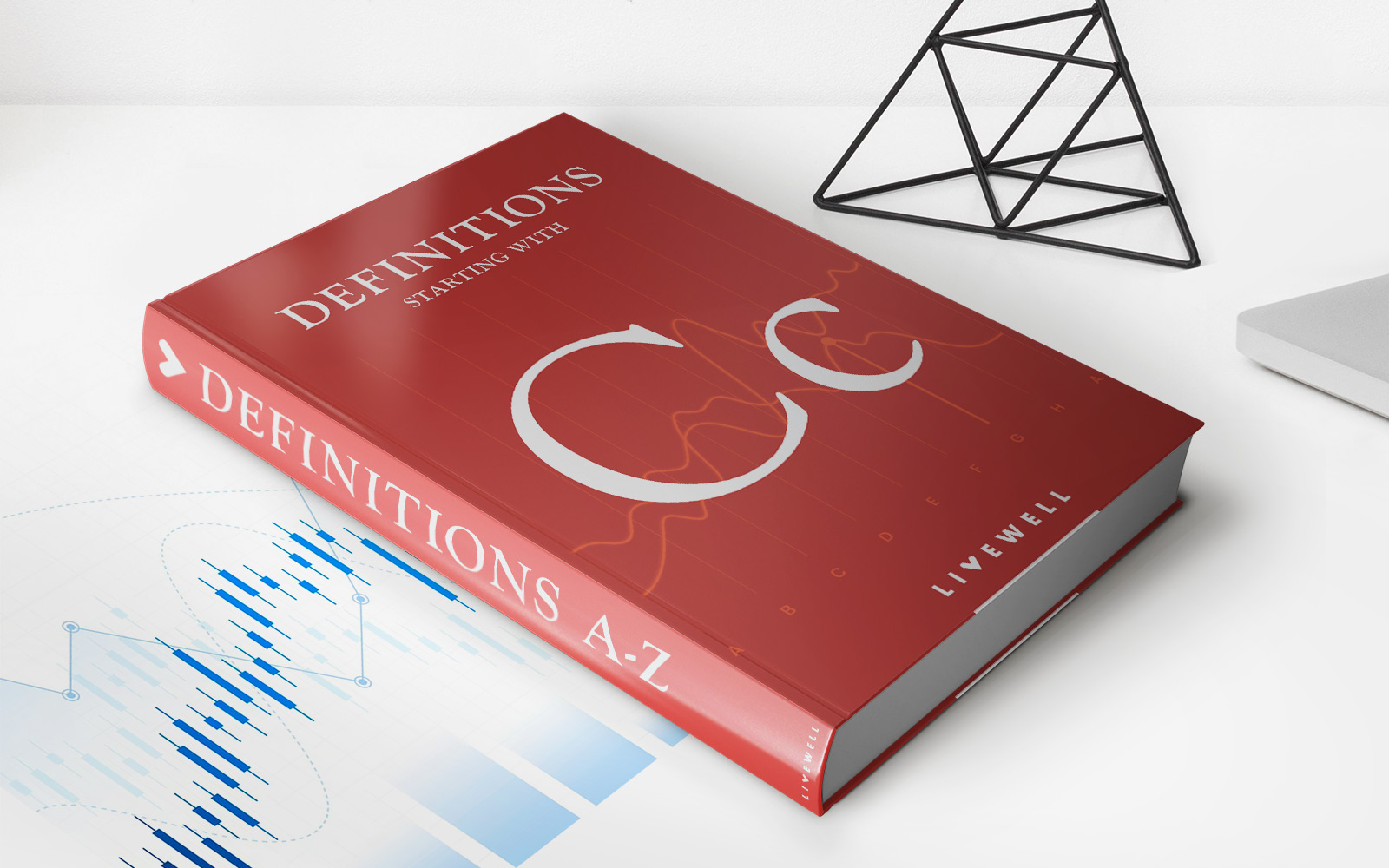

Finance
Chartered Alternative Investment Analyst (CAIA): Definition, Exam
Modified: December 30, 2023
Discover the role and importance of a Chartered Alternative Investment Analyst (CAIA) in the finance industry. Learn about the CAIA exam and how it can enhance your career in finance.
(Many of the links in this article redirect to a specific reviewed product. Your purchase of these products through affiliate links helps to generate commission for LiveWell, at no extra cost. Learn more)
The Chartered Alternative Investment Analyst (CAIA): Definition, Exam
Welcome to our “FINANCE” category, where we provide insights and knowledge on various financial topics. Today, we’re diving into the world of alternative investments and the Chartered Alternative Investment Analyst (CAIA) designation. If you’re looking to enhance your expertise in alternative investments or pursue a career in this field, the CAIA certification might be just what you need. In this blog post, we’ll explore what CAIA is, what the exam entails, and how it can benefit your financial career. So, let’s get started!
Key Takeaways:
- The Chartered Alternative Investment Analyst (CAIA) designation is a globally recognized credential that focuses on alternative investments.
- The CAIA exam consists of two levels and covers topics such as hedge funds, private equity, commodities, real assets, and more.
What is the Chartered Alternative Investment Analyst (CAIA)?
The Chartered Alternative Investment Analyst (CAIA) designation is a globally recognized credential that demonstrates expertise in alternative investments. Alternative investments are any investments other than traditional asset classes like stocks, bonds, and cash. The CAIA program equips professionals with the knowledge and skills necessary to navigate the complexities of alternative investment strategies.
The CAIA designation is administered by the CAIA Association, a non-profit organization that aims to promote education and ethical conduct within the alternative investment industry. It is considered a prestigious certification and is highly regarded by employers, investment firms, and industry professionals worldwide.
What does the CAIA Exam entail?
The CAIA exam is a rigorous and comprehensive assessment of an individual’s understanding of alternative investments. The exam is divided into two levels, each with a unique focus:
- Level I: This level covers the fundamentals of alternative investments, including hedge funds, private equity, real estate, commodities, and structured products. It introduces candidates to the frameworks and tools used in alternative investments and provides a solid foundation for the more advanced concepts covered in Level II.
- Level II: Building upon the knowledge gained in Level I, this level delves deeper into the various alternative investment strategies. It explores topics such as risk management, portfolio management, alternative investment products, and current industry issues. Level II requires a more in-depth understanding and application of alternative investment concepts.
The CAIA exam is challenging, and candidates are expected to dedicate a significant amount of time to study and preparation. It is essential to thoroughly understand the study materials, which include a comprehensive curriculum, textbooks, and practice exams.
Why pursue the CAIA designation?
Now that we’ve covered what CAIA is and what the exam involves, you might be wondering why you should pursue this designation. Here are some compelling reasons to consider:
- Expertise in Alternative Investments: The CAIA designation equips you with specialized knowledge in alternative investments, positioning you as an expert in this niche area of finance. This expertise can open doors to exciting career opportunities and help you stand out in a competitive job market.
- Globally Recognized: CAIA is recognized and respected by employers and investment firms around the world. Earning the CAIA charter enhances your professional credibility and increases your chances of landing prestigious roles in finance.
- Networking Opportunities: Joining the CAIA community connects you with a vast network of professionals in the alternative investment industry. This network can provide valuable insights, mentorship, and potential career opportunities.
- Career Growth: The alternative investment industry is growing rapidly, and there is a demand for professionals with specialized knowledge in this field. By earning the CAIA designation, you position yourself for long-term career growth and advancement.
So, if you’re interested in alternative investments and looking to boost your career in finance, pursuing the CAIA designation is a smart choice.
Remember, achieving the CAIA designation requires dedication, commitment, and a solid understanding of alternative investments. Ensure you thoroughly prepare for the exam by using the official CAIA curriculum and resources.
We hope this blog post has provided valuable insights into the Chartered Alternative Investment Analyst (CAIA) designation and how it can benefit your financial career. Good luck on your journey towards becoming a CAIA charterholder!
